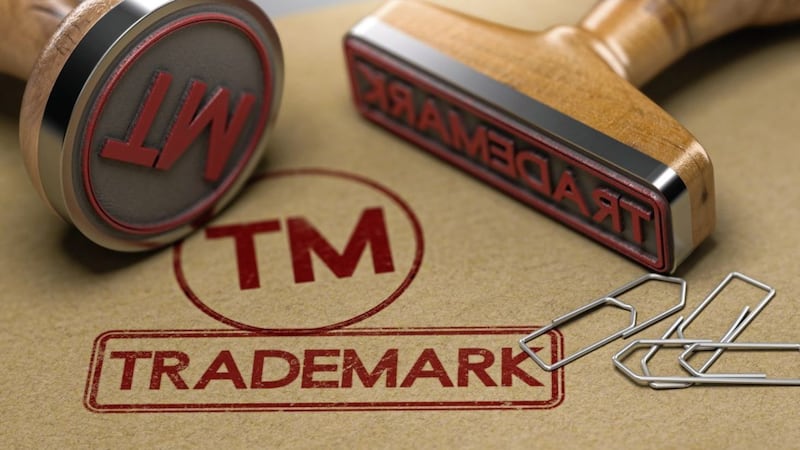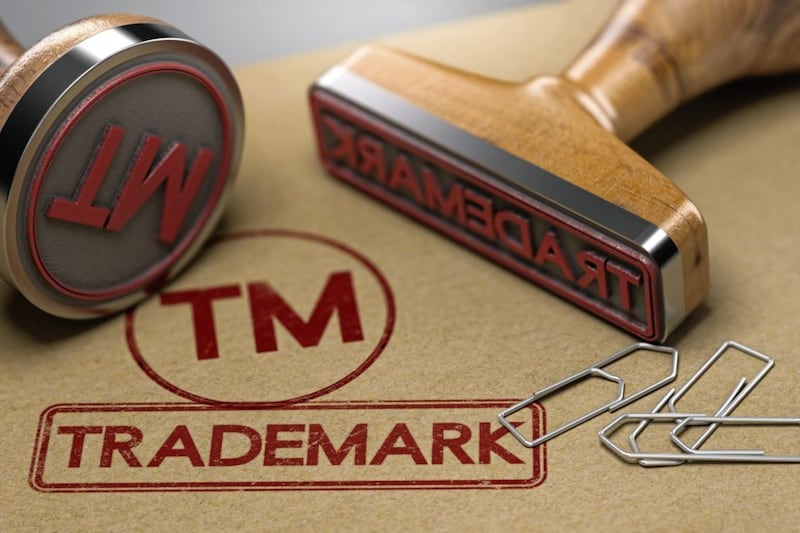EARLIER this month, the Stormont Assembly called for the extension of the Brexit transition period beyond the end of 2020.
But all noises from Westminster indicate that there will be no request for an extension, whether by the legal deadline of tomorrow or afterwards.
Therefore, amidst all of the changes that businesses have to prepare for, it is important that anyone holding or benefitting from intellectual property rights in the UK, the EU, or both, are aware of the implications of Brexit on their IP portfolios.
Trade Marks & Designs
Existing EU-registered trademarks or designs will remain valid in the EU post-Brexit. Also, an equivalent ‘cloned’ right will be automatically granted within the UK, so essentially your single EU TM becomes two registered TMs: one covering the remainder of the EU and a UK equivalent.
EU TM or Community design applications which are still pending at the date of exit will not be automatically cloned, and the applicant will have 9 months in which to file an equivalent application in the UK.
From 2021, the EU Intellectual Property Office will not recognise the reputation of an EU TM based solely on use within the UK. Likewise, in respect of UK TMs, the UK IPO is unlikely to recognise a reputation claimed on the basis of use outside the UK. So you have to actively use TMs where you hold registrations, or risk losing them.
Copyright
The UK’s continuing membership of the main international copyright treaties ensures that the scope of protection for copyright works inside and outside the UK will remain largely unchanged by Brexit. EU database rights, if held, will remain enforceable in the UK.
Patents
Brexit does not affect the current European patent system which is governed by the European Patent Convention, a non-EU international treaty. EU law applies, however, in some specialist areas which could impact businesses operating in the life sciences or biotech sectors.
Domain Names
If you have a '.eu' website, check your eligibility to retain a .eu domain name as a matter of urgency, as you risk being left unable to access it. To be eligible you must:
a) Have your registered office, central administration or principal place of business within the EU, or
b) Be an organisation established within the EU without prejudice to the application of national law, or
c) Be a natural person resident within the EU.
If you are not eligible, you should urgently consider transferring your website to another top level domain e.g. .com, .co.uk, .net, .org.
Agreements
You should review your licence agreements, co-existence agreements, settlement agreements, etc. Rights to use or exploit IP tend to be territorial in nature, e.g. 'worldwide', or covering 'Europe' or 'the EU'. Consider what your agreements actually mean now, and what will they mean post-Brexit? Do those agreements need to be revisited in order to clarify that rights will continue in the UK?
Therefore the key IP focuses for businesses this year should be to check and renegotiate your contracts if necessary, check if any .eu website could be compromised, and ensure that any outstanding EU TM or design applications are reapplied for in the UK.
More generally we also recommend carrying out an intellectual property audit, for which funding can be obtained both north and south of the border.
James Griffiths (james.griffiths@pinsentmasons.com) is a senior associate at international law firm Pinsent Masons, specialising in intellectual property issues







